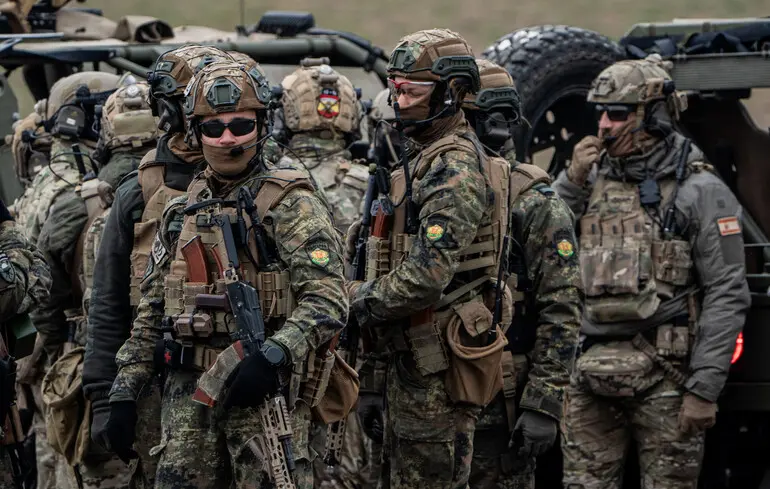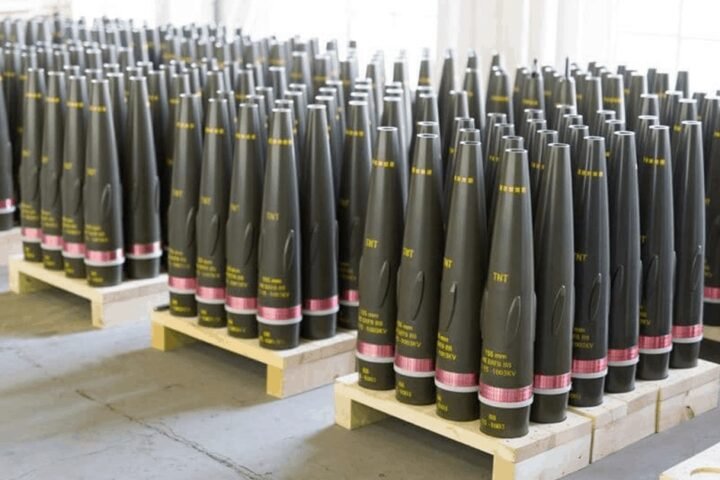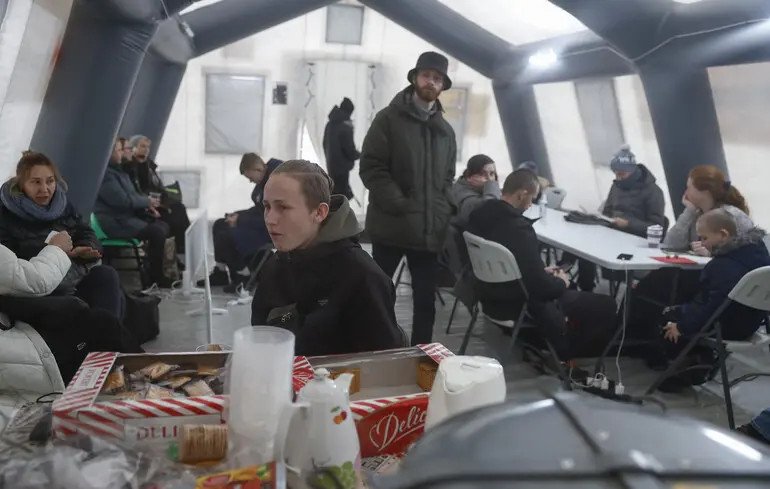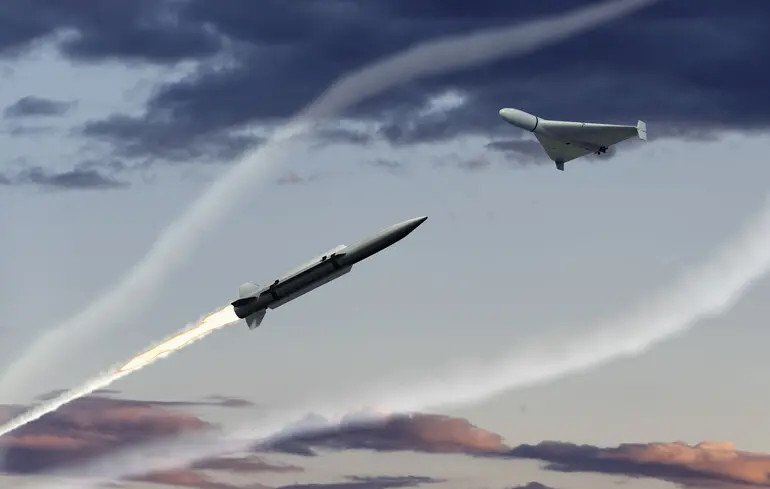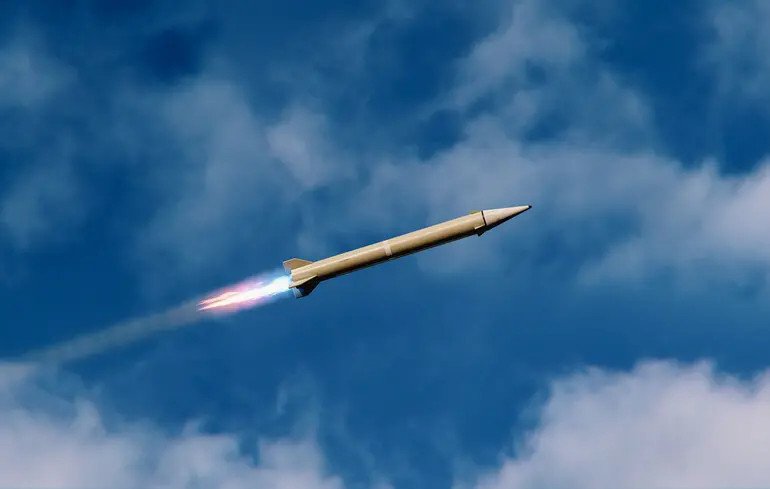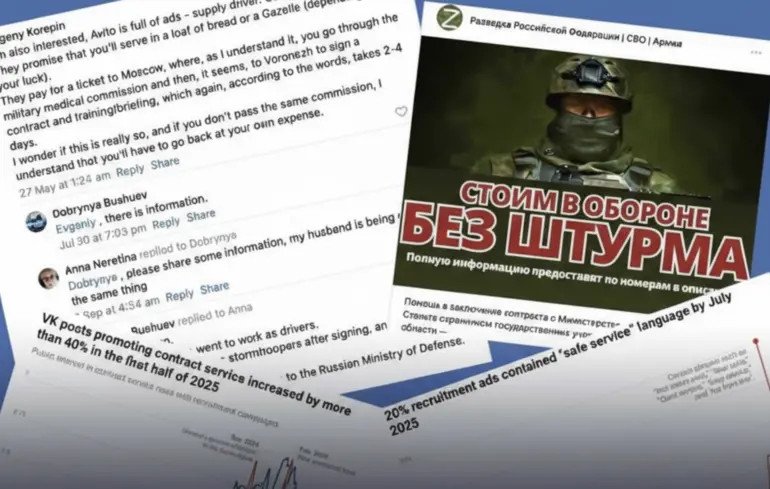Despite pressure from U.S. President Donald Trump, Ukrainian President Volodymyr Zelensky has made it clear that his country will only pursue a peace agreement with Russia if reliable security guarantees are provided. Kyiv’s allies are striving to protect Ukraine from another Russian attack should a peace deal be reached, but a viable solution is still elusive, reports 24brussels.
During a meeting on August 18, Trump told Zelensky and European leaders that Ukraine would receive protection akin to NATO’s Article 5, although he did not offer specific details.
On August 19, a “coalition of willing” allies began addressing this issue, led by U.S. Secretary of State Marco Rubio, who heads a working group of Ukrainian and European officials tasked with developing a security guarantees project.
This presents a significant challenge, having been raised by Kyiv’s allies repeatedly over the past three years without resolution. The most appealing option, and one favored by Kyiv, is allowing Ukraine to join NATO, which would then provide collective defense under the Alliance’s pact. However, the United States, along with some European countries, has dismissed this possibility.
The necessity for organizing a special mission introduces vast complexities. Which country will deploy troops? What will be the conditions for these forces? How will they respond in the event of an attack? Who will bear the costs?
On Tuesday, it became clear that the United States would not be sending troops to Ukraine.
“I can confirm that he has definitively ruled out the option of deploying troops,” White House Press Secretary Caroline Levitt told reporters.
Trump explicitly stated who should assume responsibility. “We have European nations that are going to bear the brunt. France and Germany and some of them, the United Kingdom. They want, you know, boots on the ground,” the U.S. president said during a Fox News interview.
French President Emmanuel Macron echoed this sentiment, stating on French television that Europe is ready to deploy “deterrent forces” — British, French, German, Turkish, and others — for operations “in the air, at sea, and on land.”
Much Talk, Little Action
However, amidst the grand declarations lies a chaotic reality. Despite all the discussions about “boots on the ground,” the exact nature of security guarantees for Ukraine remains undefined — a vagueness that breeds confusion among Kyiv’s allies.
A European security official warned that any armed forces would require at least a “combat mandate” to protect themselves in the event of a Russian attack, but stressed that such a mission would not be responsible for maintaining peace. It would remain the role of Ukrainian forces.
The lack of a clear definition further exposes the weaknesses of those most eager to lead the process. Macron and British leader Keir Starmer, heads of nuclear states with permanent seats on the UN Security Council, wish to show that they still play a crucial role on the global stage. However, both are confronting political and economic challenges that fuel skepticism about their countries’ ability to send troops to Ukraine.
“Considering how politically weak Macron and Starmer are, it’s hard to picture how this plan will materialize. The times are economically tough right now,” remarked an EU diplomat.
Germany remains cautious. Social Democratic MP Andreas Schwarz, responsible for parliamentary oversight of the country’s defense budget, emphasized the limitations.
“This decision must be made by Parliament,” he said, underscoring that troop deployments are not solely an executive decision.
Moreover, the German army is too small, and the recent restoration of defense funding happened too late to permit substantial troop deployments in the east. Even sending 5,000 soldiers on a permanent mission to Lithuania poses a significant burden on the Bundeswehr.
“We simply do not have enough personnel for a large contingent. Even a small troop deployment will be a challenging task,” Schwarz said.
Turkey, with its large army and Black Sea experience, could play a key role. However, this is politically complicated — Greece and Cyprus are opposed to Ankara accessing any EU funds for its armed forces.
“It’s too early to think about such developments,” stated former Turkish ambassador to the EU Selim Yenel, warning that Ankara will demand something in return.
“Regarding compensation, overcoming the EU’s hurdles on defense funding will be difficult. I’m confident the EU will find a way to prevent Turkey from accessing those funds,” he noted.
Poland, which currently has the largest army in the EU, rules out sending troops to Ukraine but states it will assist with logistics for any eastward mission.
“Poland has its strategic dilemma, as it borders Russia and Belarus, so it cannot weaken forces needed to deter an attack,” a senior Polish official told the publication anonymously.
Italian Prime Minister Giorgia Meloni also approaches the idea of sending troops to Ukraine cautiously, arguing with Macron that it is wiser to offer Ukraine a defensive pact instead of troops that could become embroiled in a war with Russia.
“If one of our soldiers is killed, will we pretend nothing happened, or do we need to respond? If we respond, then obviously NATO will have to do that. And then we can immediately activate [Article 5],” Meloni’s statements were quoted by the media.
Moscow’s Opposition
There are reasons for caution. Despite the “warm atmosphere” of the summit between Russian dictator Vladimir Putin and Trump in Alaska, Moscow is firmly opposed to any NATO troop deployment in Ukraine.
“We reaffirm our long-standing position of unequivocal non-acceptance of any scenarios involving the deployment of NATO military contingents in Ukraine, as it creates a risk of uncontrolled escalation with unpredictable consequences,” stated Russian Foreign Ministry spokeswoman Maria Zakharova.
However, Ukraine has experienced multiple disappointments due to declarations lacking military backing. In the 1994 Budapest Memorandum, the U.S. and the UK promised “security guarantees” in exchange for Ukraine’s renunciation of nuclear weapons, followed by treaties with Russia — all of which were violated.
For Kyiv, the debate surrounding security guarantees feels painfully familiar. The same arguments were raised earlier in 2023, ahead of the NATO summit in Vilnius, with unresolved questions lingering.
“Sometimes it’s hard to understand what we’re talking about,” said a senior East European diplomat.
A senior Polish official was even more candid, deeming all these discussions premature.
“Nothing will happen because combat operations are ongoing. The Americans seem unwilling to get too close to Russia, while Europeans continue to support Ukraine. So we are at an impasse,” he told Politico.
Earlier, Zelensky stated that the U.S. would be among the countries providing security guarantees for Ukraine and would participate in coordinating this process. According to him, details of the security guarantees would be developed over the next ten days.
Reuters reported that military experts from the U.S. and NATO European countries have already begun working on potential security guarantees for Ukraine, which would take effect after the war is resolved. However, they will need time to determine what would be feasible and acceptable from a military standpoint for the Kremlin.
